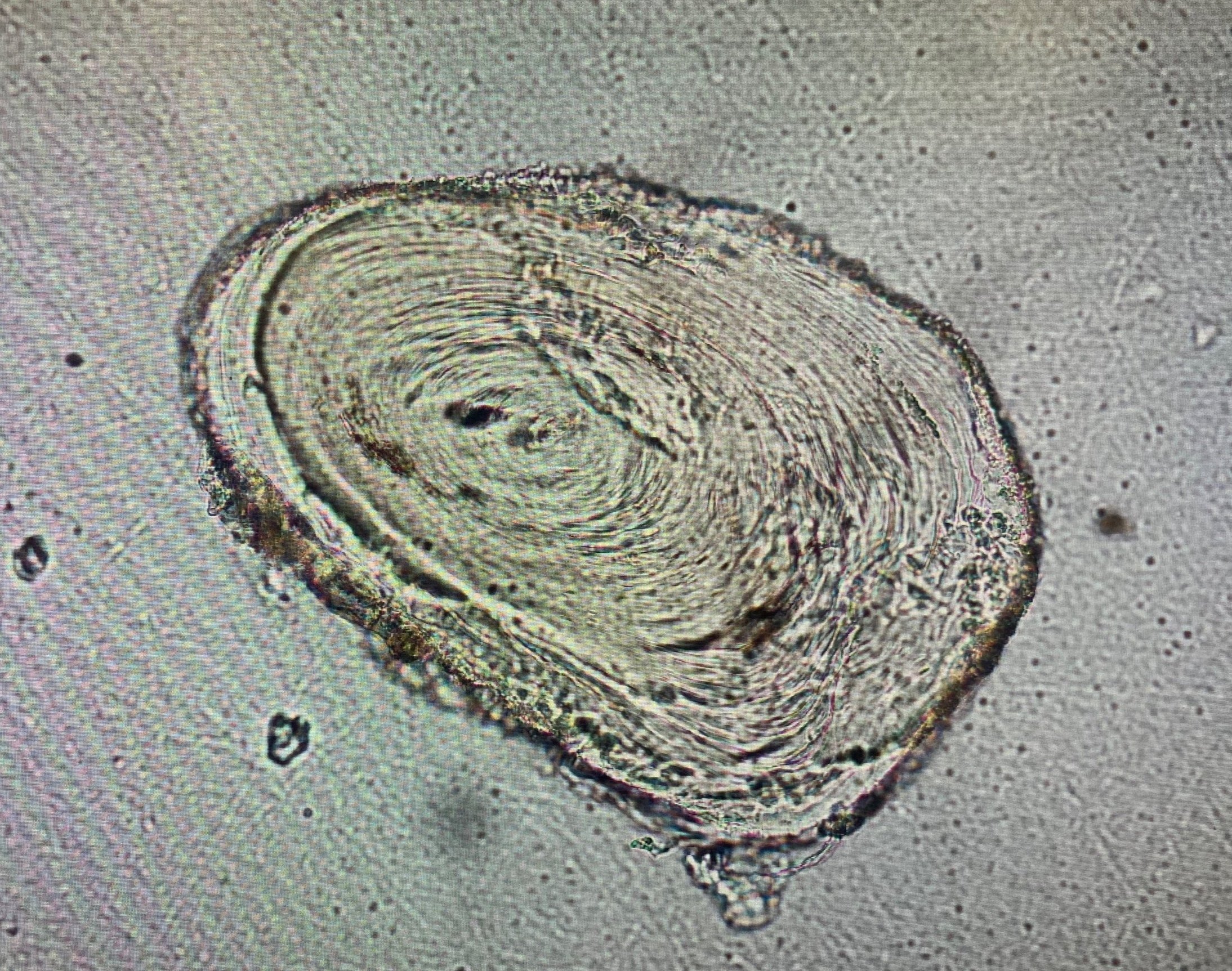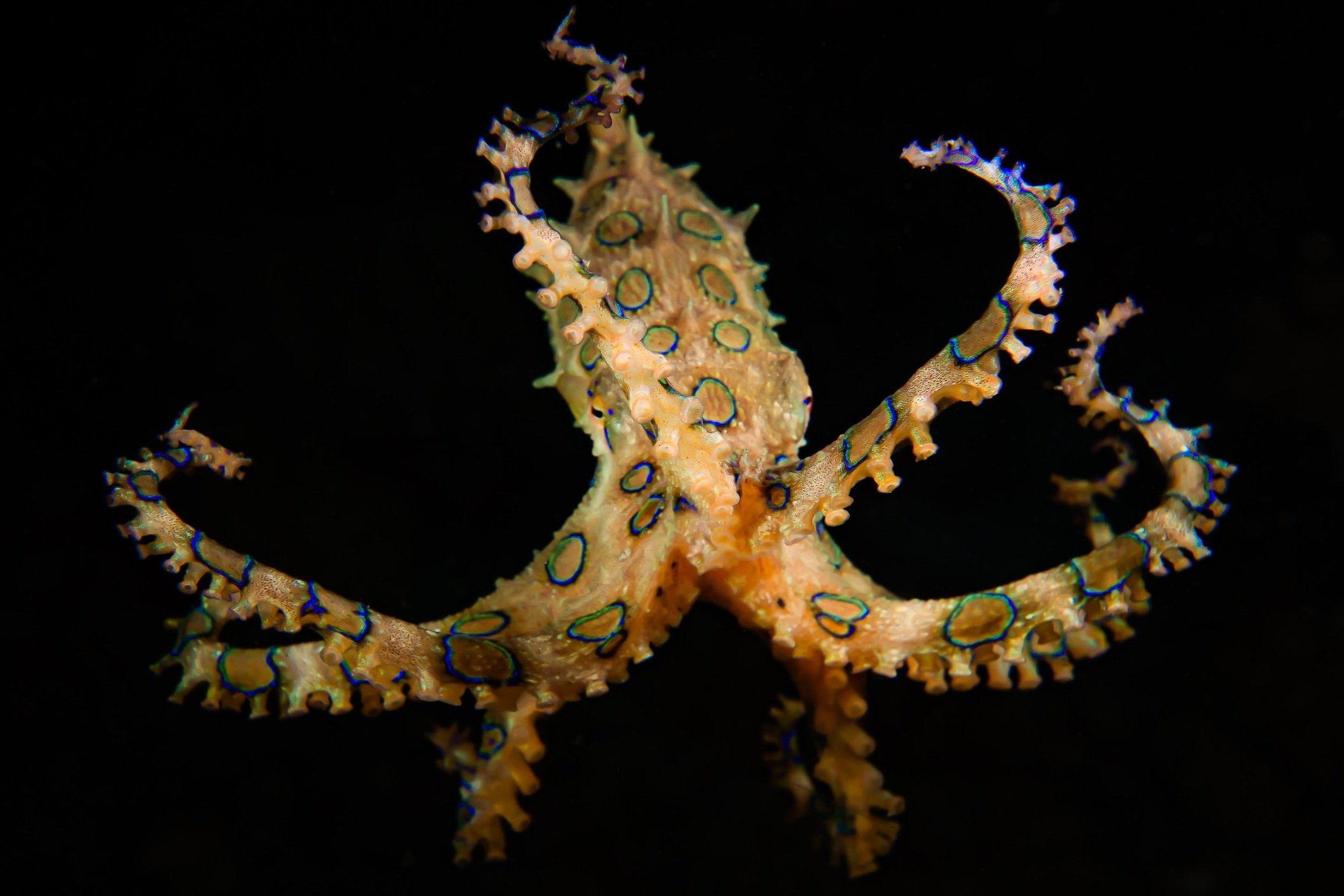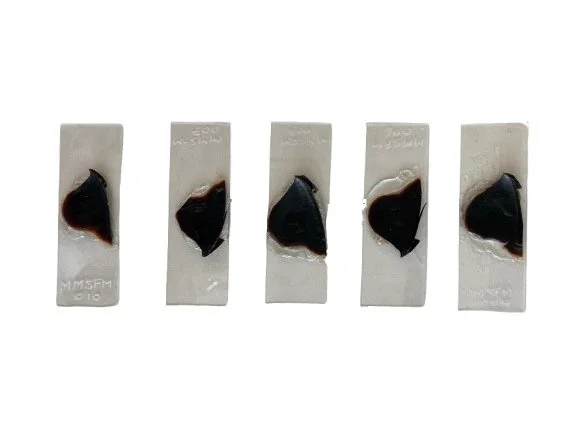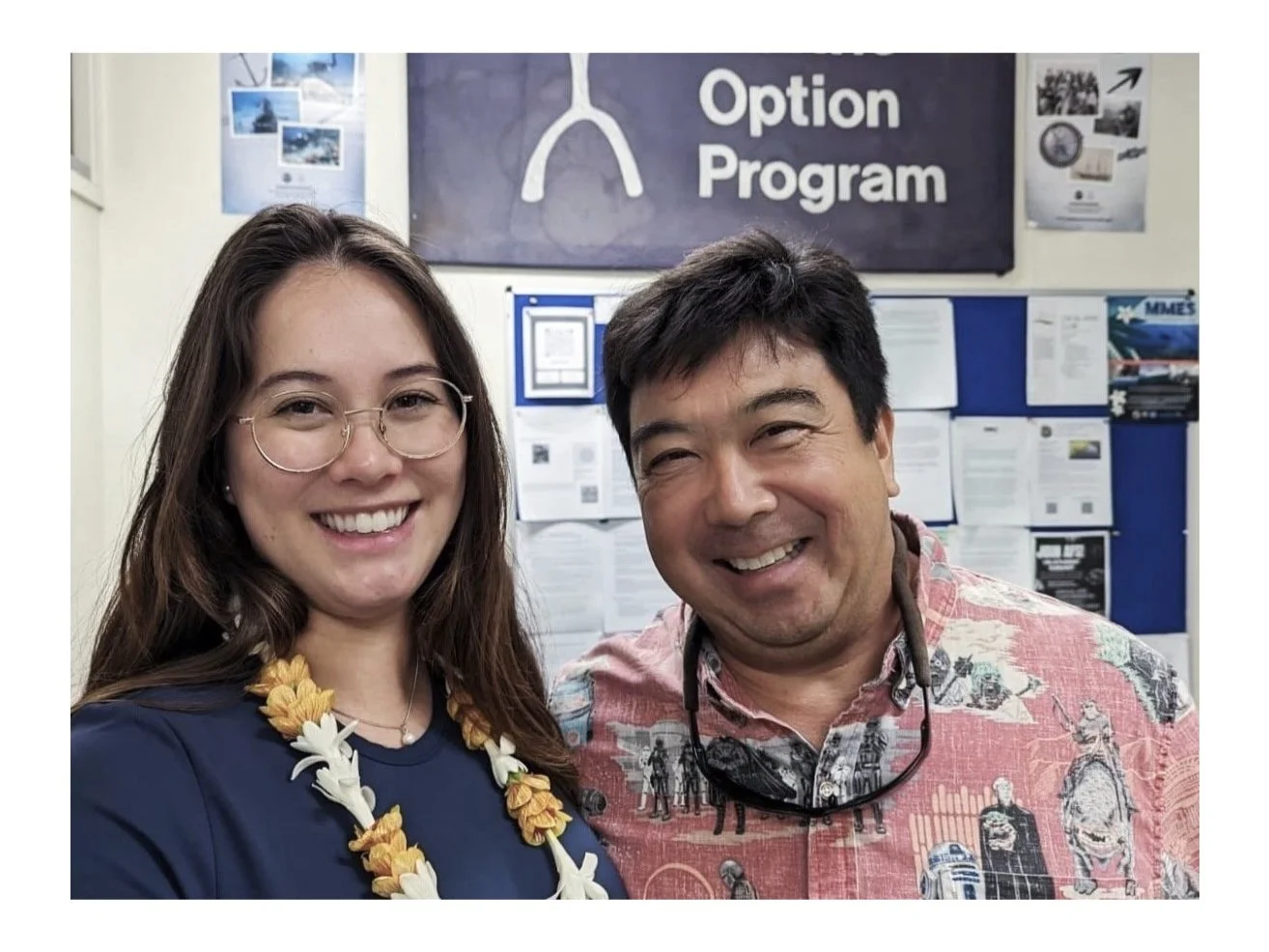Towards better management and conservation of octopus
Reconstructing life-time reproductive histories using cephalopod beaks
In the fourth paper to come out of her PhD, Dr. Erica Durante developed methods to extract reproductive hormones (oestrogen and progesterone) from cephalopod beaks.
Collecting life history data on marine animals can be challenging, particularly if the species is rare or lives in inaccessible environments, like the deep sea or open ocean. Cephalopod beaks are preserved in the stomachs of predators (i.e., whales, seabirds) and numerous beak archives exist in research agencies and museums around the world.
Therefore, the novel methods developed in this study could be used to collect vital reproductive data on poorly understood species.
Determining the metabolic rates and thermal histories of octopus through isotopic proxies.
For this study, PhD student Erica Durante, examined whether chemical markers (isotopes) could be used to record metabolic rate and temperature exposure in octopus. Erica did this by raising octopus in tanks and analysing carbon and oxygen isotopes within the carbonate earstones of octopus. Such proxies could increase our monitoring capabilities for octopus and contribute to their conservation and effective management.

A Definitive Guide to Ageing Octopus
We developed a step-by-step guide to ageing octopus to make practical hands-on knowledge accessible and support the sustainable management of octopus globally. This was a collaborative project with the NSW Department of Primary Industries and was funded by the FRDC.
See media coverage of our ageing guide in Global Seafood Alliance
Celebrating a Successful PhD Journey
In 2024, PhD student, Erica Durante, successfully defended her thesis, marking the completion of her PhD after three years of research.
Erica‘s research focused on cephalopods and using their hard parts to unravel cephalopod ecology.
Congratulations Dr. Erica!

Octopus Prove Quite the Catch
The First Assessment of an Artisanal Octopus Fishery in southern Australia
Understanding the impact of climate change on octopus physiology
Using a quantitative proteomics approach, PhD student, Qiaz Hua, investigated the effects of thermal stress on octopus embryos.
Her findings demonstrate changes in vision, protein chaperoning, redox regulation and energy metabolism indicating the severity of the thermal impacts on the early life stages of octopuses.
This research would not have been possible without generous support from the Australian Academy of Science’s Thomas Davies Research Grant.

‘More Potent than Cyanide’
How to Stay Safe from Blue-Ringed Octopus this Summer
Read our article in The Conversation
Select Publications
2024: Isotopic proxies: determining the metabolic rates and thermal hisories of octopus
2024: A step-by-step guide to ageing octopus
2024: Projected ocean temperatures impair key proteins used in vision of octopus hatchlings
2022: Tracking the provenance of octopus using isotopic and multi-elemental analysis




